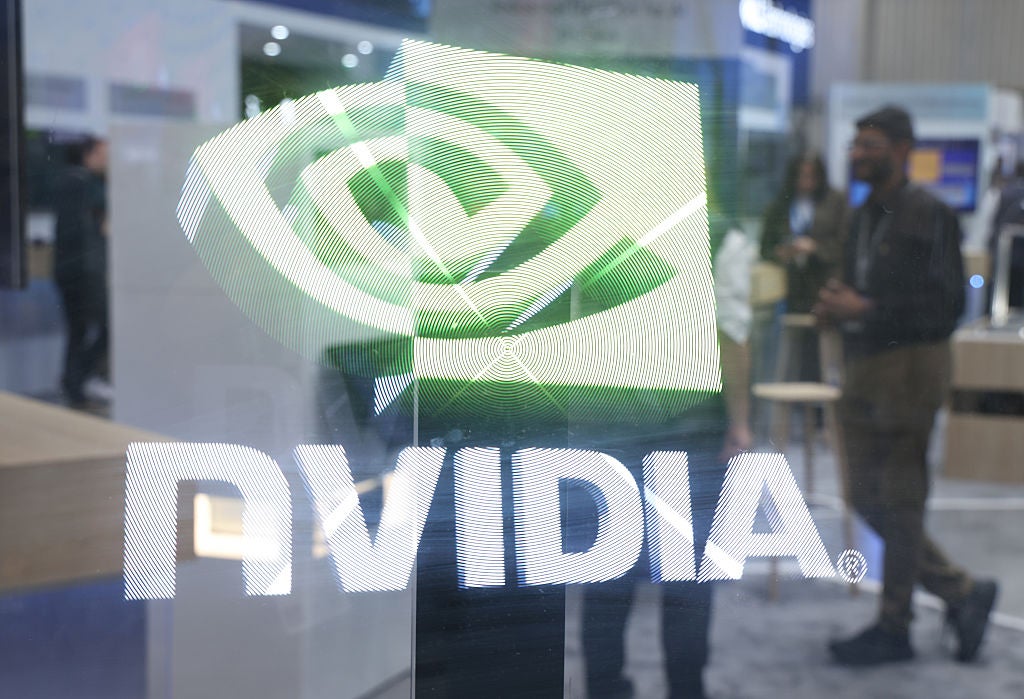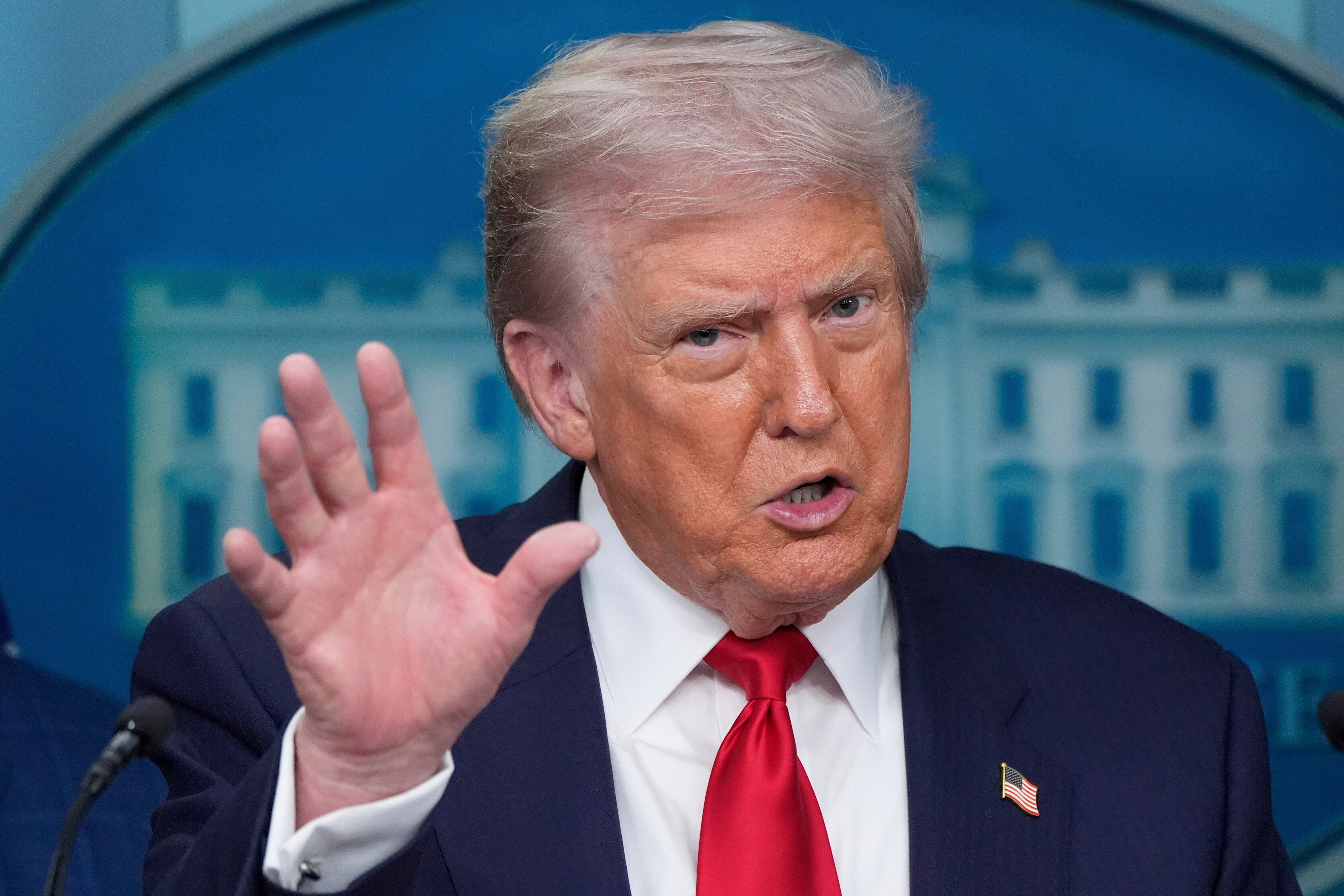Two American makers of artificial intelligence chips have agreed to pay the U.S. government 15 percent of sales on the technology, in an arrangement that one former export official called "unprecedented and dangerous."
Tech giants Nvidia and AMD have agreed to the highly unusual terms as part of the requirements for obtaining export licenses to China, according to The Financial Times, which first reported the deal.
President Donald Trump’s administration had halted the sale of advanced computer chips to China back in in April, but Nvidia and AMD revealed in July that Washington would allow them to resume sales of the H20 and MI308 chips, which are used in artificial intelligence development.
"We follow rules the U.S. government sets for our participation in worldwide markets. While we haven't shipped H20 to China for months, we hope export control rules will let America compete in China and worldwide,” a Nvidia spokesperson told The Independent Monday. “America cannot repeat 5G and lose telecommunication leadership. America’s AI tech stack can be the world’s standard if we race."
The Independent has sought comment from AMD on its arrangement with the Trump administration.

Restrictions on sales of advanced chips to China have been central to the AI race between the world’s two largest economic powers, but such controls are also controversial.
Proponents argue that these restrictions are necessary to slow China down enough to allow U.S. companies to keep their lead. Meanwhile, opponents say the export controls have loopholes — and could still spur innovation. The emergence of China’s DeepSeek AI chatbot in January particularly renewed concerns over how China might use advanced chips to help develop its own AI capabilities.
The U.S. Commerce Department has begun issuing licenses for the sale of H20 artificial intelligence chips to China, citing an administration official, Reuters reported.
Christopher Padilla, a top export control official in the Bush administration and a senior adviser with the Brunswick Group consulting firm, told the Washington Post that the deal was “unprecedented and dangerous.”

“Export controls are in place to protect national security, not raise revenue for the government,” Padilla said. “This arrangement seems like bribery or blackmail, or both.’’
Alasdair Phillips-Robins, who served as an adviser at the Commerce Department during former President Joe Biden's administration, also criticized the move. "If this reporting is accurate, it suggests the administration is trading away national security protections for revenue for the Treasury," Phillips-Robins told Reuters.
President Trump has been increasingly intervening in corporate America, particularly when it comes to tech giants.
Last week he demanded new Intel CEO Lip-Bu Tan resign, calling him "highly conflicted" due to his ties to Chinese firms. Tan wrote to Intel employees Thursday that the company is working with the White House to make sure “they have the facts.” Tan is set to meet with the president Monday.
Trump has also pushed other American tech giants, including Apple, to relocate manufacturing locations to American soil.
With reporting from the Associated Press
Elon Musk’s Grok loses to Sam Altman’s OpenAI in AI chess tournament
A man asked ChatGPT how to remove sodium chloride from his diet. It landed him in the hospital
The design flaw holding back today’s humanoid robots
Nvidia, AMD to pay 15% of China chip sale revenue to U.S. government
Asian shares advance ahead of Trump's deadline for imposing higher tariffs on Chinese goods
Trump's planned 100% computer chip tariff sparks confusion among businesses and trading partners







